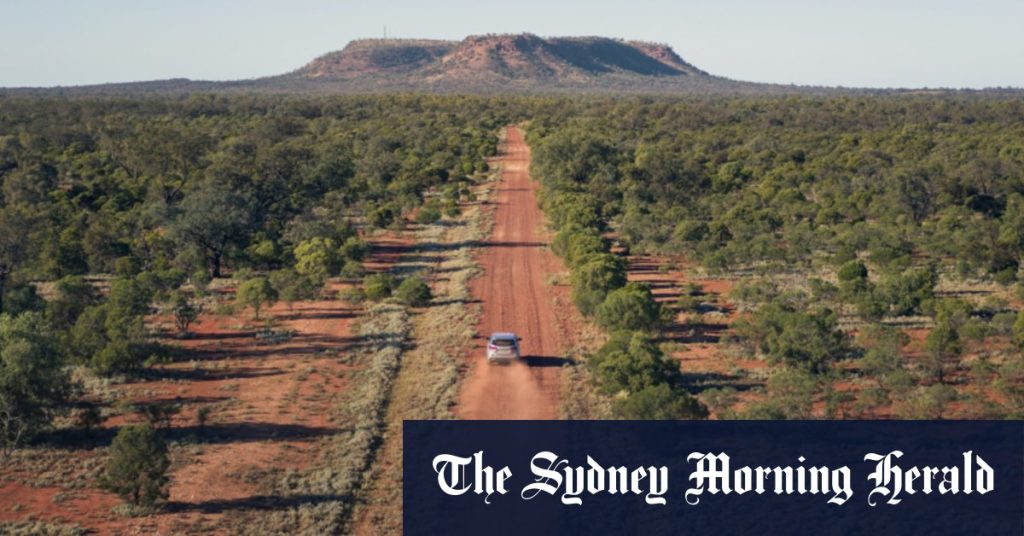The issue of youth crime, particularly car theft, is on the rise in regional NSW, with incidents becoming more violent and involving younger perpetrators. Break-ins, assaults, and car thefts by juveniles have seen a significant increase in recent years, leading to concerns from both the community and law enforcement. Repeat and violent offenders are often given bail only to re-offend, prompting calls for stricter laws and intervention strategies.
In Moree, a town with a history of social division and racism, tension is brewing over the response to youth crime. Indigenous communities are particularly impacted by the high crime rates, with many living in disadvantaged areas of the town. Recent events, including the death of a young Indigenous man fleeing from police and subsequent trial, have added to the existing tensions between different communities in Moree. The ongoing impact of colonization on First Nations peoples is a key issue highlighted by these events.
Despite its wealth from agriculture, Moree has some of the highest crime rates in the state. The lack of collaboration between services and limited support available outside of normal business hours contribute to the challenges faced by at-risk young people in the community. The local council has taken steps to address these issues by securing funding for intervention strategies targeting at-risk youth. These strategies include a bail accommodation facility to provide supervision and support for children on bail, aiming to reduce reoffending rates and provide a safer environment for vulnerable youth.
The response to youth crime in Moree has sparked debate, with differing views on the effectiveness of tough-on-crime measures. Some argue that sending children to jail will not resolve the underlying issues and advocate for better support services focused on housing, education, and trauma. The local council, led by Mayor Mark Johnson, is working to address the root causes of youth crime while also ensuring that the community remains united. Johnson emphasizes the importance of providing positive opportunities for young people in Moree and improving collaboration between service providers to support at-risk youth effectively.
The implementation of controversial bail laws targeting 14 to 18-year-olds who commit crimes while on bail for serious offenses has raised concerns within the community. Critics argue that a punitive approach to youth crime may not address the underlying reasons for offending and could lead to further alienation and social division. Indigenous leaders like Mekayla Cochrane highlight the historical context of tensions in Moree and stress the need for a more holistic and community-focused response to youth crime.
Police are aware of the sensitivity of the issue and are working to ensure that officers act professionally and proportionately when dealing with youth offenders. Operation Mongoose, a regional initiative to tackle youth crime, includes reminders for officers to exercise restraint and avoid excessive force when dealing with minors. The aim is to address the complexities of youth crime while also recognizing the vulnerabilities of young offenders and the need for a balanced approach to enforcement and support services.


